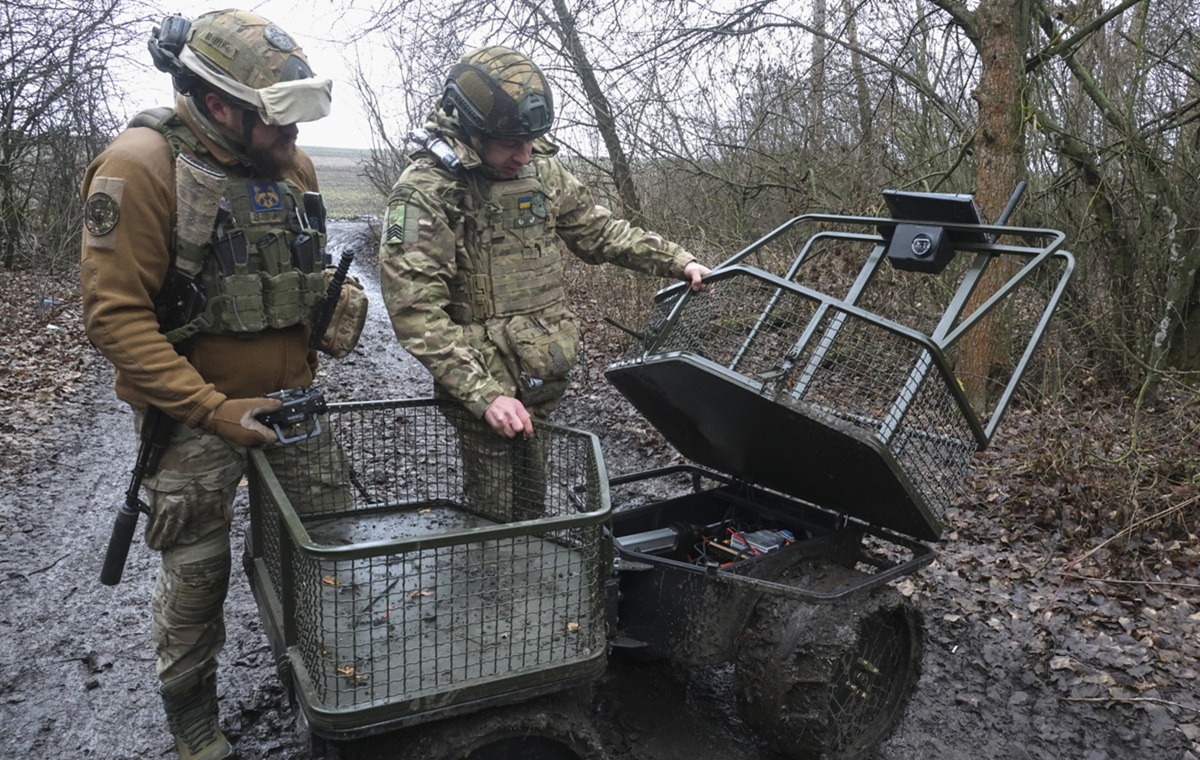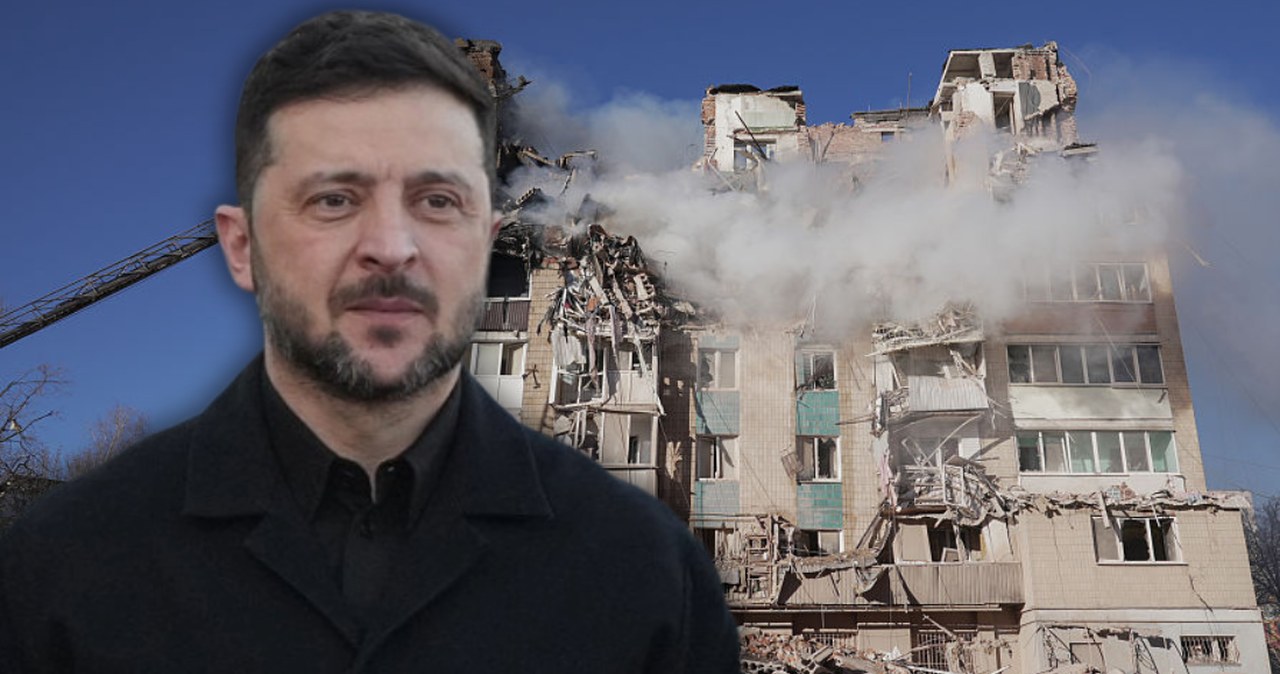An explosion severely damaged a railway track used for weapons and aid deliveries to Ukraine, prompting Polish Prime Minister Donald Tusk to declare it an "unprecedented act of sabotage." The blast occurred near the village of Mika, approximately 60 miles southeast of Warsaw, on a critical supply route to the Ukrainian border. Despite the potential for catastrophe, no casualties were reported.
A train driver discovered the damaged track early Sunday morning after reports of an explosion late Saturday evening. The driver performed an emergency stop after spotting irregularities on the Warsaw-Lublin line. Two passengers and several staff members were aboard the train at the time.
Tusk visited the scene on Monday and described the incident as "an attempt to destabilise and destroy railway infrastructure, which could have led to a rail disaster." He vowed authorities would "catch the perpetrators, regardless of who their backers are."
Second incident under investigation
A separate sabotage incident occurred Sunday evening near the town of Puławy, approximately 19 miles from the first attack site. A train carrying 475 passengers made an emergency stop after overhead power lines were damaged and a metal device was found on the tracks. Windows in one carriage were broken, but no injuries were reported.
Polish authorities launched investigations into both incidents. Defence Minister Władysław Kosiniak-Kamysz announced the army will inspect the remaining 120 kilometers of track between the incident sites and the Ukrainian border.
Links to suspected Russian campaign
Security Services Minister Tomasz Siemoniak indicated a "very high" probability of foreign intelligence involvement, stating: "We are dealing with the [intelligence] services of a foreign state, and not a gang of scrap metal thieves."
The incidents fit a broader pattern of sabotage across Poland and Europe attributed to Russian security services. Interior Minister Marcin Kierwiński stated Poland is "facing acts of sabotage unprecedented in its most recent history." Previous attacks in Poland have included fires and explosions at shopping malls, often carried out by individuals recruited via Telegram.
Deputy Interior Minister Maciej Duszczyk cautioned against immediate conclusions but acknowledged Russia "cannot be ruled out or ignored in any way." Russia has consistently denied involvement in sabotage acts across Europe.
Note: This article was created with Artificial Intelligence (AI).









